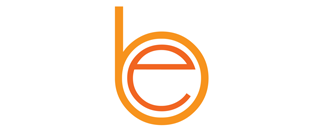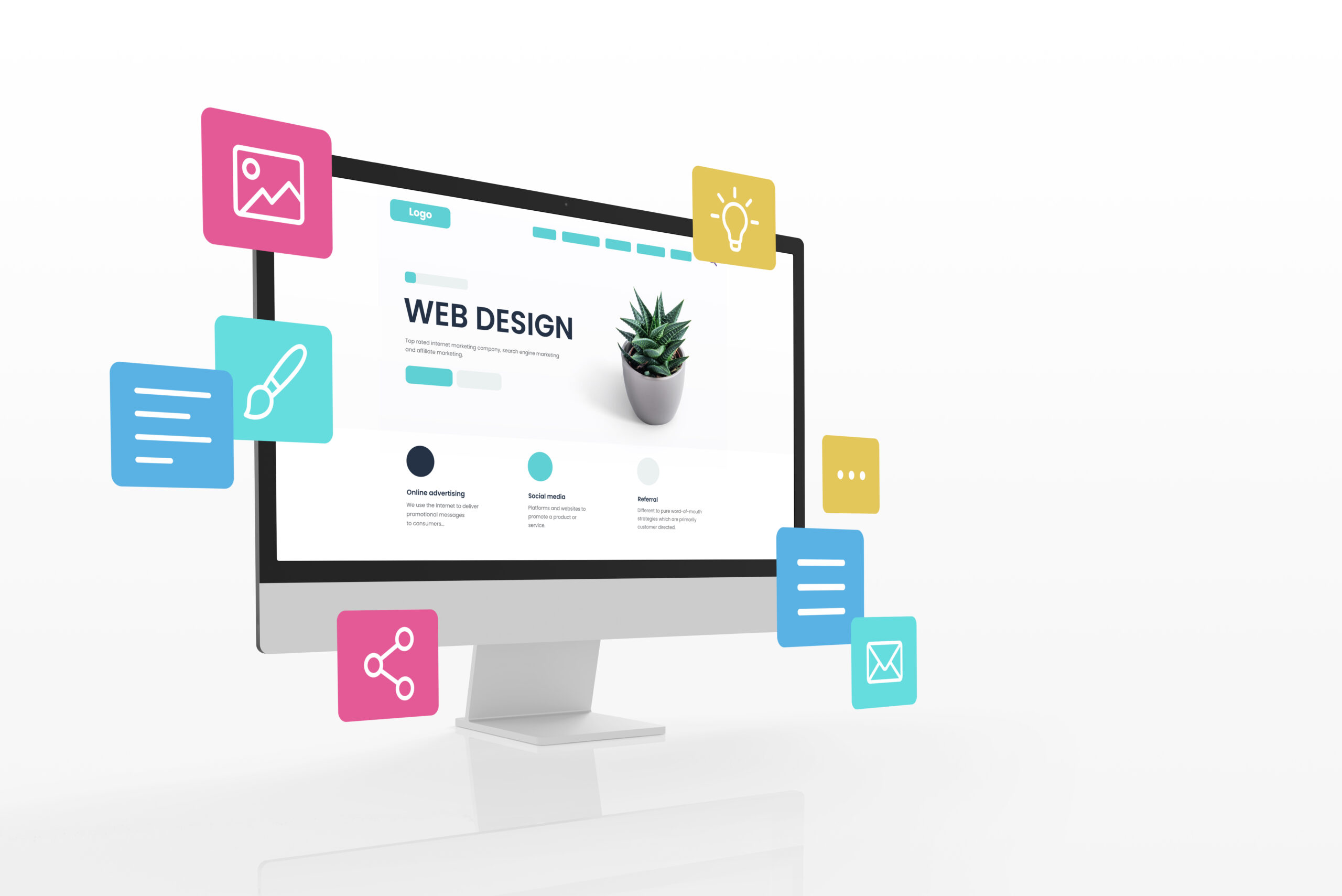So, you’re ready to build a website, but now you’re staring at a million platform options, wondering, “Do I really need to know how to code? Should I just throw my money at Shopify? What even is WordPress?”
Don’t worry—I’ve got you. Let’s break down the pros, cons, and best uses for three of the biggest website options: WordPress, Shopify, and Custom Builds.
1.) WordPress: The Swiss Army Knife of Websites
Best for: Service-based businesses, bloggers, portfolios, and brands that want flexibility.
Pros:
- Super customizable – With thousands of themes and plugins, you can build almost anything.
- SEO-friendly – Google loves WordPress when optimized properly.
- Cheaper (kind of) – The platform itself is free, and hosting can be as low as $5/month.
- Scales well – Whether you’re a small biz or a growing empire, WordPress can handle it.
Cons:
- Learning curve – If you’re not tech-savvy, it can feel like learning a new language.
- Requires maintenance – You’ll need to update plugins, themes, and security settings regularly.
- E-commerce is extra work – If you want an online store, you’ll need WooCommerce (free but requires setup).
Who Should Use It?
If you want full control over your site, plan to blog, or need serious customization, WordPress is your best bet.
2.) Shopify: The E-Commerce Powerhouse
Best for: Online stores, drop shippers, and anyone who wants a hassle-free selling experience.
Pros:
- Super easy to use – No coding required, drag-and-drop setup.
- Built-in e-commerce features – Secure checkout, inventory management, and payment processing included.
- Great for scaling – Handles big traffic spikes like a champ.
- 24/7 support – Because tech problems always happen at 2 AM.
Cons:
- Monthly fees – Plans start at $39/month, plus transaction fees if you don’t use Shopify Payments.
- Less customization – You’re limited to Shopify’s themes and app integrations.
- Not great for blogging – If you plan to focus on content marketing, Shopify’s blog features are meh.
Who Should Use It?
If you want a plug-and-play store and don’t want to deal with website headaches, Shopify is the easiest choice.
3.) Custom Build: The DIY Dream or Developer’s Playground
Best for: Large brands, unique business models, or tech-savvy entrepreneurs who want total control.
Pros:
- Completely customizable – No limitations on design, features, or functionality.
- Faster speeds – Without unnecessary plugins, your site can run like a dream.
- No platform rules – Unlike Shopify, you won’t be restricted by third-party policies.
Cons:
- Expensive – Custom development can cost thousands upfront.
- Ongoing maintenance – Bugs, updates, and security issues are your responsibility.
- Takes longer to build – Expect weeks or months before launch.
Who Should Use It?
If you have a big budget and need a unique solution (like a custom booking system or membership site), a custom build makes sense.
So… Which One Should You Choose?
- Go with WordPress if you want a flexible, affordable, and SEO-friendly website.
- Go with Shopify if you want an easy, done-for-you online store.
- Go custom if you need advanced features and have deep pockets.
If you’re still torn, ask yourself: Do I want to sell products or create content? That answer alone will likely decide the winner.
Now, go forth and build your digital empire!

